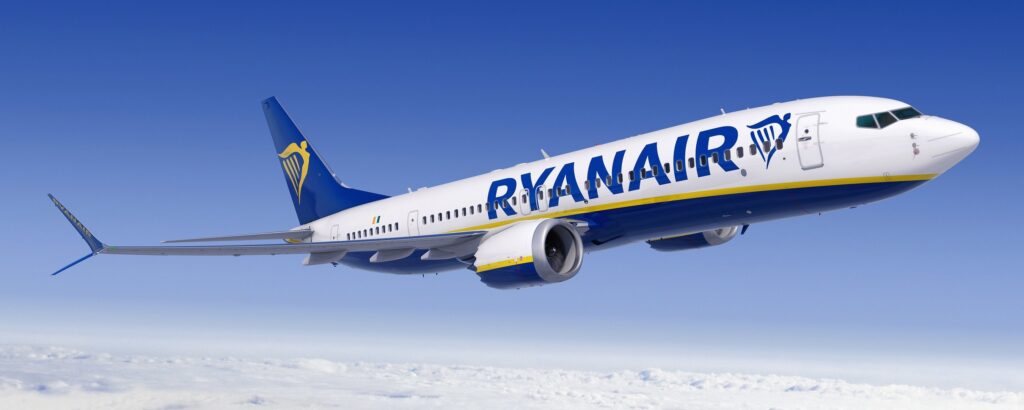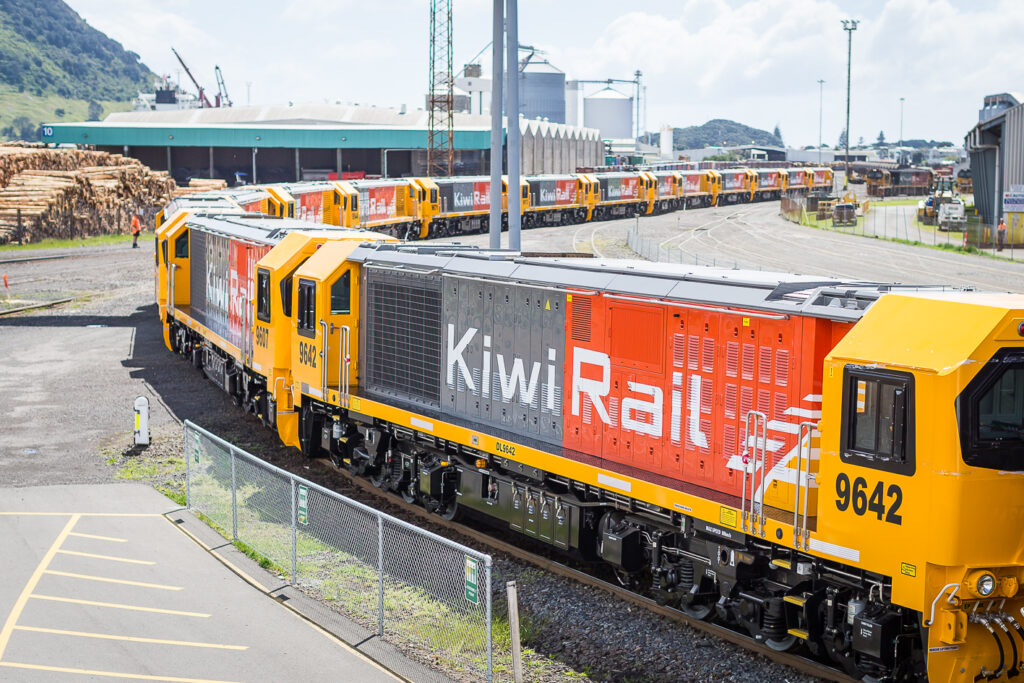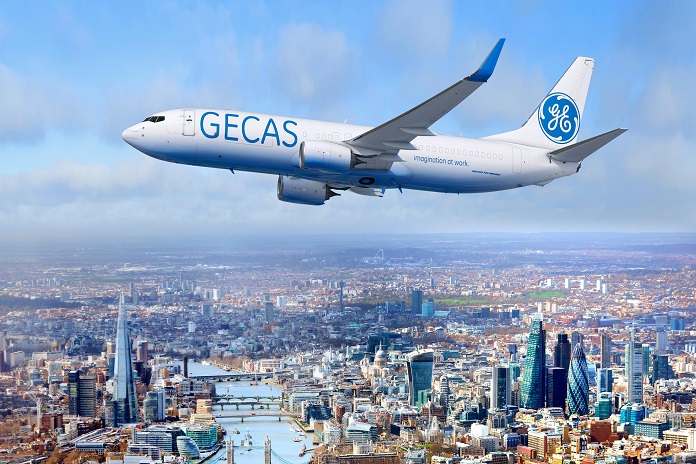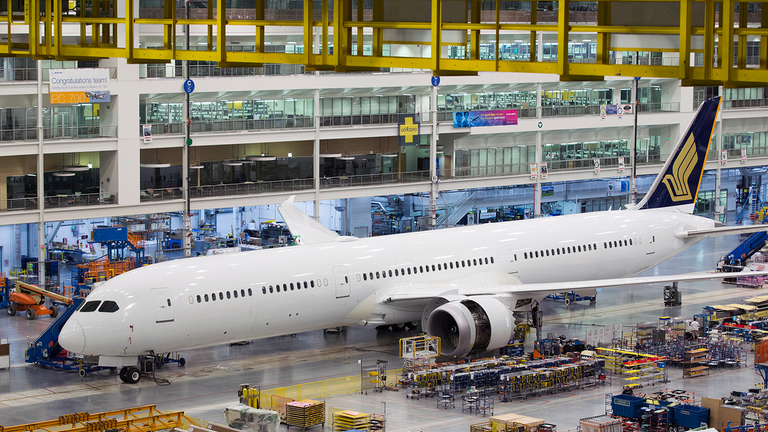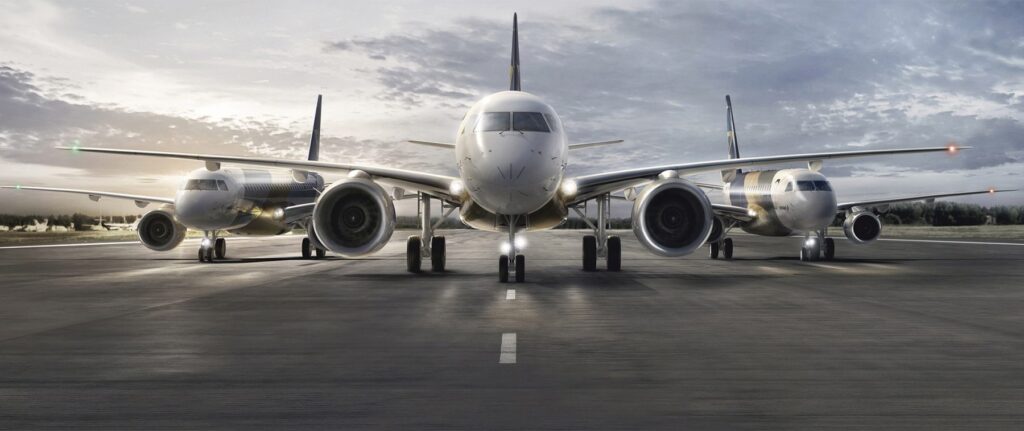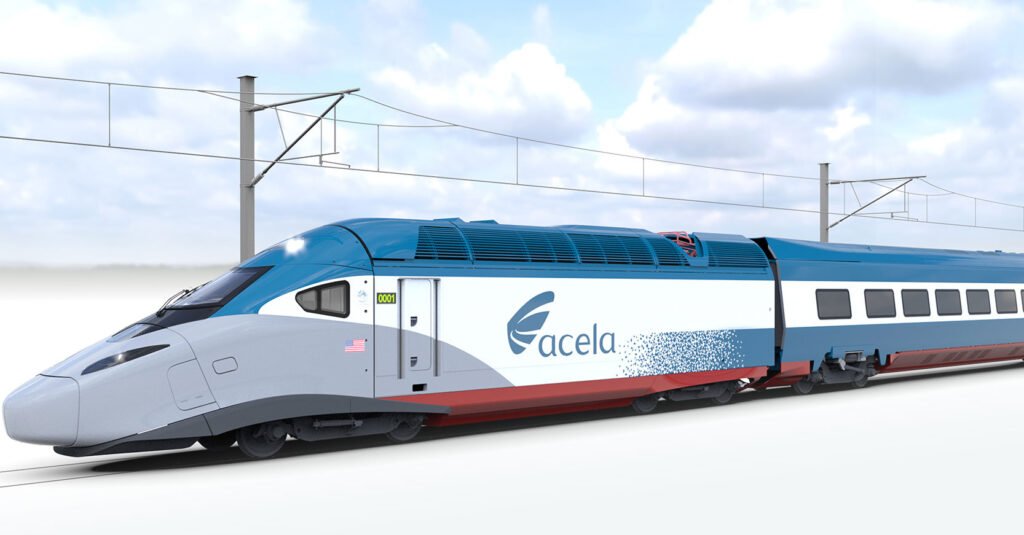Ryanair Orders 75 More Boeing 737 MAX Jets
Boeing [NYSE: BA] and Ryanair announced today that Europe's largest airline is placing a firm order for 75 additional 737 MAX airplanes, increasing its order book to 210 jets. Ryanair again selected the 737 8-200, a higher-capacity…
